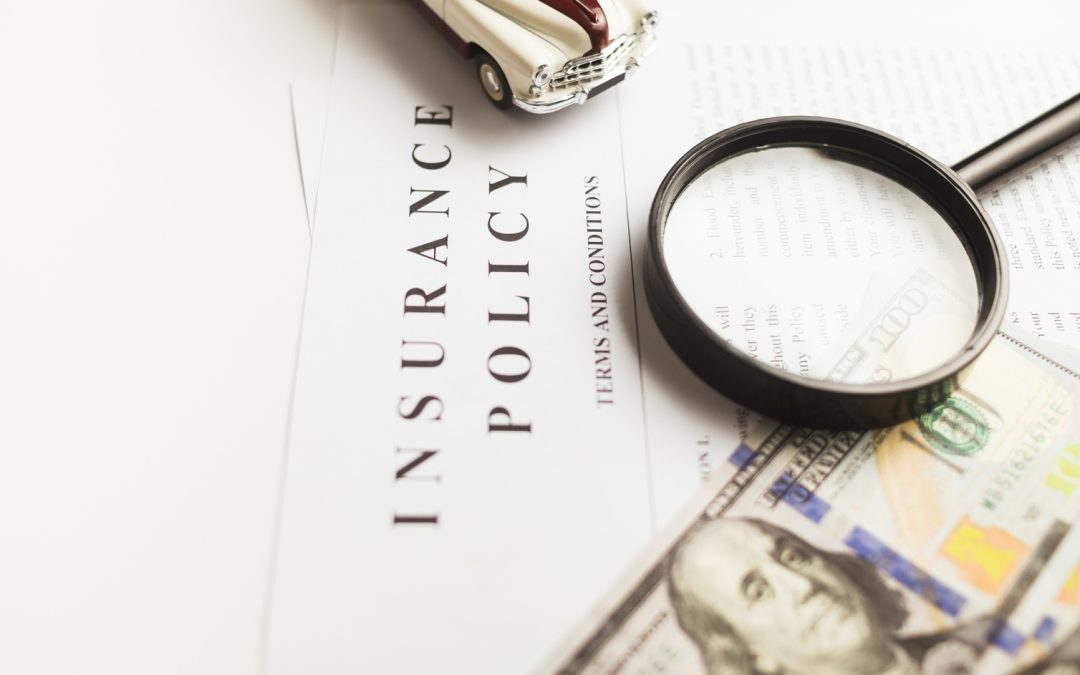Insurance for your company is a must-have safety net. Choosing the correct coverage and plans, on the other hand, can be difficult. Small companies must understand the most effective method to spend their money while also providing the best security for their organization and staff.
The issue is that insurance requirements differ substantially depending on the type of business and sector. Many businesses consider comprehensive insurance coverage. However, a remotely controlled marketing firm may not require the same sorts of cover as a concrete block department shop or a construction company with costly and possibly dangerous equipment.
It might sometimes be difficult to determine what is best for your team. So it might be good to get in touch with an insurance broker company that will help you cover all your needs, such as Aha Insurance. However, you must first understand what kind of coverage your business needs to ensure it will be properly protected.
Determine The Forms Of Insurance Your Organization Requires
Different types of businesses have different types of insurance coverage. For example, if you run a restaurant or convenience store, then liability coverage is likely more important than property damage coverage.
On the other hand, let’s assume you own an office building or apartment complex. In this case, property damage coverage might be more crucial than liability protection. The best way to determine which types of insurance are necessary for your business is by consulting with an experienced agent who can help guide you through this process.
Browse Around And Speak With Multiple Insurance Companies
When looking at rates, don’t just go with the cheapest option. Look at several quotes from different companies and compare them before you make your decision. This way, you’ll know what kind of coverage you’ll get for your money. Get quotes from local agents who specialize in small business coverage. They can help tailor your coverage based on your needs and offer more personalized service than larger companies might be able to provide.
Choose A Program That Gives You Room To Grow
Have you reviewed your insurance lately? Chances are, if you’re like most small businesses, the answer is no. Many people assume that they have adequate coverage and don’t think about what they have until something happens. But as time goes by, your business needs to change. For example, in the first year of starting a new business, you may only need general liability coverage. As you grow, however, there may be other risks that require additional coverage or higher limits of coverage.
Examine The Overall Cost Of Your Coverage Per Employee
Many small businesses overlook the fact that the cost per employee is an important factor in determining their overall premium rate. This is because many small businesses choose a policy with a low deductible and high premiums, only to find out later that they can’t afford it. If your company has 20 employees and you have $500,000 in coverage, your premium will be higher than if you had only 10 employees with $1 million in coverage.
Make No Assumptions About What Is And Is Not Covered
It’s tempting to assume that certain types of coverage are included in an insurance policy, but that’s not always the case. For example, many people assume that their homeowners’ or renters’ insurance policies will cover damage from floods caused by sewer backups or other water system failures at their place of business. However, this isn’t necessarily true. In fact, some homeowners’ policies specifically exclude this type of damage.
To Cover All Of Your Risks, Go Beyond General Liability Insurance
General liability covers injuries or property damage caused by your negligence or the negligence of your employees. For example, if an employee gets hurt on the job, general liability will pay out if it was the company’s fault. This would apply if an employee slips and falls because there was no handrail in an area where employees walk. General liability doesn’t cover damage to items outside of your control like stolen merchandise or fire damage from an external source like a lightning strike.
Conduct A Thorough Safety Analysis To Determine Your Coverage Requirements
Before you buy any type of business insurance, it’s important to conduct a thorough safety analysis. This will help you determine how much coverage you need and which types of policies will best serve your company’s needs. A good place to start is by reviewing your state’s workers’ compensation laws and regulations. These vary depending on location so it’s important to understand your local regulations. Make sure that your policy includes the minimum required coverage levels for workers’ compensation and liability insurance.
Final Words
In short, the decision to implement business insurance, as well as which kind of policy is best for your organization must be carefully considered. Regardless of the path you choose to take, consulting with a professional insurance advisor who is familiar with your business type is a must.

